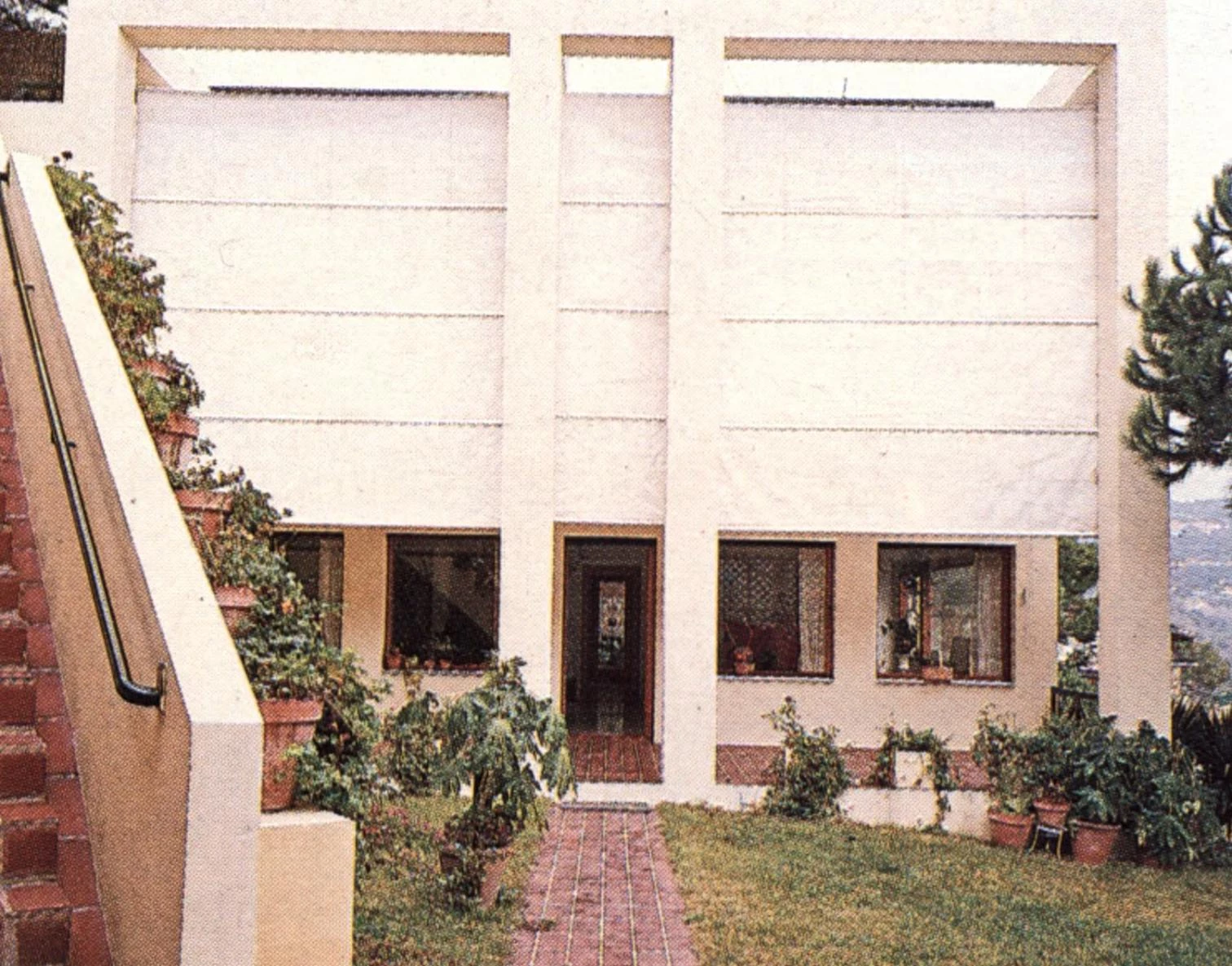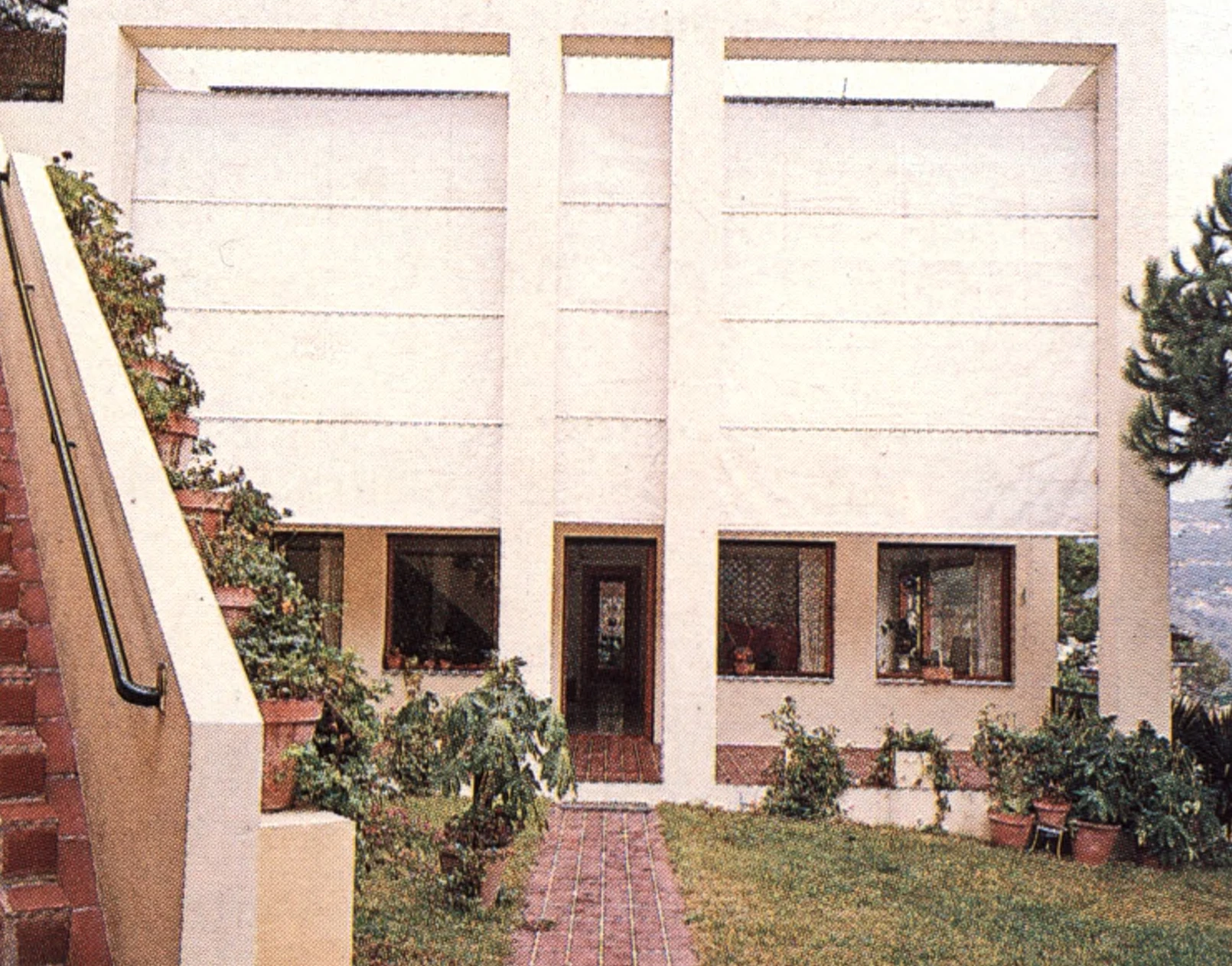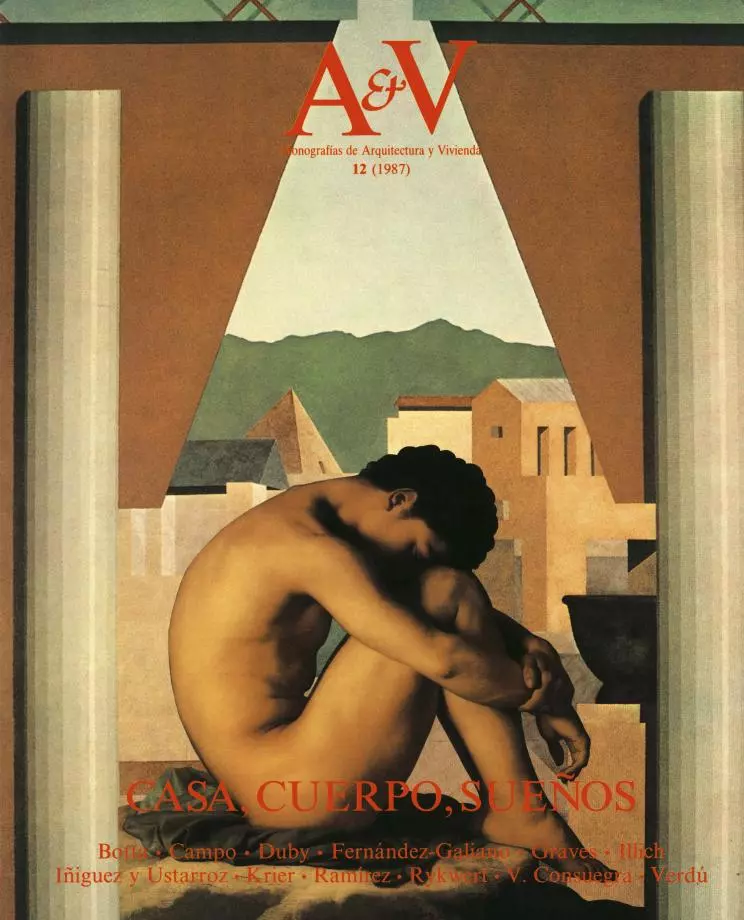A Simulacrum of Salvation

Between reality and desire, betwixt the body and our dreams, a house is a construction situated in the interval between what is possible and what we yearn for. A house is the destination and the voyage, an uncertain building between the theory of the redoubt and the theory of the ship.
Like some forms of writing, architecture is language against chaos. It is a way of silencing the thunder of disorder. The house delimits an interior defense amidst immensity, it modulates an enclosure of identity amidst barbarity. It converts the roar of the crowd into a distant murmur. The house obtains a monument from the worst biography.
Homes are our primitive patrimony, headquarters for conscience and health, the kingdom where calamities and their voluptuous odor accumulate. But they are also the dens to which happiness, sooner or later, always appeals, and the residence of Death, which silently makes its camp.
The shine of glass, the innate heat of bodies, the laziness of loving others, consented pain and the vice of melancholy all have their place in this kingdom.
Insulation, sheathing, amored doors. No feeling, no talking, no hearing. Close your eyes. The dream of a house is silence and blindness, an enclosed peace that is shared out like a banquet while soft music sounds. Death? Not yet. But a house’s profound history cuts life in two and its gaugue of time grows or is extinguished with life.
They say each person creates a home that reflects his or her identity and thus inhabits the house they deserve. That is easy to believe. But a house is both choice and penitence, the exercise of power and of servitude. It is a face and its mask, a protecting shield an a perfect target. It is simultaneously and accomplice and a detractor.
A house is heaven, a radiant illness, and is never benevolent. It never manages to sweep away its accumulated horror. Only that person who has nothing left to hide, having opted for emptiness, can show off his or her home. This is my way of living, the host says. These are his limits and his corrosion, thinks the guest as he endures the putrid smell, the stink of happiness.
Plans for a new house all share the dream of achieving a renewed and polished body, as well as a spirit lying over it. Facades, masks, stucco, foundations that fulfill the ambition of reintegrating faith in the possible inauguration of time.
What more can one ask of an industrial activity? The architect who surrenders to the labors of creating eternity, the interior ism used in the labyrinths of psychology, the new materials aimed at livening up the spirit.
The house is a simulacrum of salvation, the repertoire of evil that believes it exercises dominion over its own limitations or of joyfulness gathered together like a reservoir. The house is a story that invades one’s memory, at last, with the ferociousness of animals.






